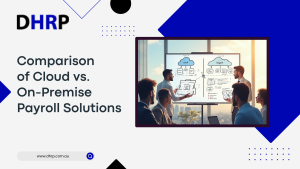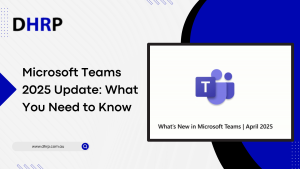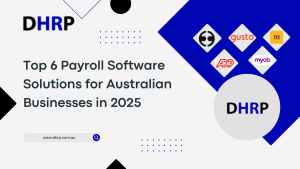Financial institutions are constantly pressured to save expenses, boost productivity, and react more quickly to shifting business requirements. Many businesses are looking to move their general ledger systems to the cloud in order to accomplish these objectives. But why transfer to the cloud general ledger?
Moving the general ledger to the cloud provides more flexibility, scalability, and agility, enabling access to financial data anytime, everywhere, without the need for pricy hardware. Yet, for a smooth transition, meticulous planning and execution are important. In this blog, we’ll cover everything needed to migrate the general ledger to the cloud.


What is a general ledger in finance?
A general ledger is a hub for all a business’s financial transactions. It includes all of the accounts and balances necessary to generate financial statements like the income statement and balance sheet.
The general ledger is essential for financial reporting, compliance, and decision-making since it offers an exhaustive and accurate record of all financial activities.
Cloud Trends in Financial Services
Despite the Financial Services industry’s reluctance to use cloud computing because of concerns about security, privacy, and regulatory compliance, there has been a discernible shift in attitudes in recent years.
Global end-users spending on public cloud services is anticipated to increase by a staggering 20.7% in 2023, reaching $591.8 billion, according to the most recent prediction from Gartner, Inc. This growth rate surpasses the projected 18.8% growth rate for 2022. The industry appears to be at last embracing the cloud and enjoying the advantages of greater flexibility and scalability.

Supporting the move to a cloud general ledger
Moving to a cloud general ledger from an on-premise ERP solution is daunting for Financial Services organizations. The general ledger is critical in tracking financial transactions, making it a challenging transition to a cloud-based GL and one of the most difficult cloud projects a firm can undertake.
When migrating to a cloud-based general ledger system, companies should consider aligning their processes with industry-standard practices and interest rates. This can help streamline the migration process and ensure the new system meets the company’s needs.
Companies can benefit from best practices and avoid common pitfalls during migration by adopting industry-standard processes.
Data migration is one of the most crucial aspects of migrating to a cloud-based general ledger GL system. Financial Services companies need to ensure that all data is accurately and securely transferred to the new system. This requires careful planning and execution and rigorous testing to ensure that the migrated data is complete and accurate.
Companies must also consider any compliance or regulatory requirements for data storage and security, particularly if sensitive data is involved.
A cloud-based general ledger system is just one component of a larger financial ecosystem. Financial services firms must also take into account any additional services required to support the new system. This includes integration with other systems, such as CRM or HR, as well as ensuring that the new system is compatible with existing reporting and analytics tools.
Additionally, companies must consider ongoing support and maintenance needs, including training and troubleshooting for end-users.
Getting a cloud general ledger migration right
Migrating to a cloud-based general ledger can be complex for Financial Services firms. To ensure success, they should assess their current system and create a detailed migration plan with a contingency plan.
Moreover, use a phased approach, monitor the process, and communicate regularly with employees, stakeholders, and customers. This minimizes disruption and reduces risk while allowing firms to enjoy the benefits of increased agility, scalability, and flexibility.


The value of a sub-ledger
Financial Services firms use sub-ledgers to manage specific transactions or accounts, providing more detail than a general ledger for regulatory reporting, risk management, and decision-making.
When migrating to a cloud general ledger software, firms must consider whether to migrate their sub-ledgers as well, as this can introduce additional complexity and cost. Firms should evaluate the costs and benefits of migrating sub-ledgers to the cloud and develop a real-time plan that meets their needs.
Conclusion
Financial services companies can get a variety of advantages from moving to a cloud general ledger financial management software, including increased agility, expanded collaboration, improved security, and lower costs. The migration procedure, however, can be complicated, necessitating careful preparation and execution.
DHRP is here to assist you with a simple migration plan so that you have a positive customer experience.





































































































